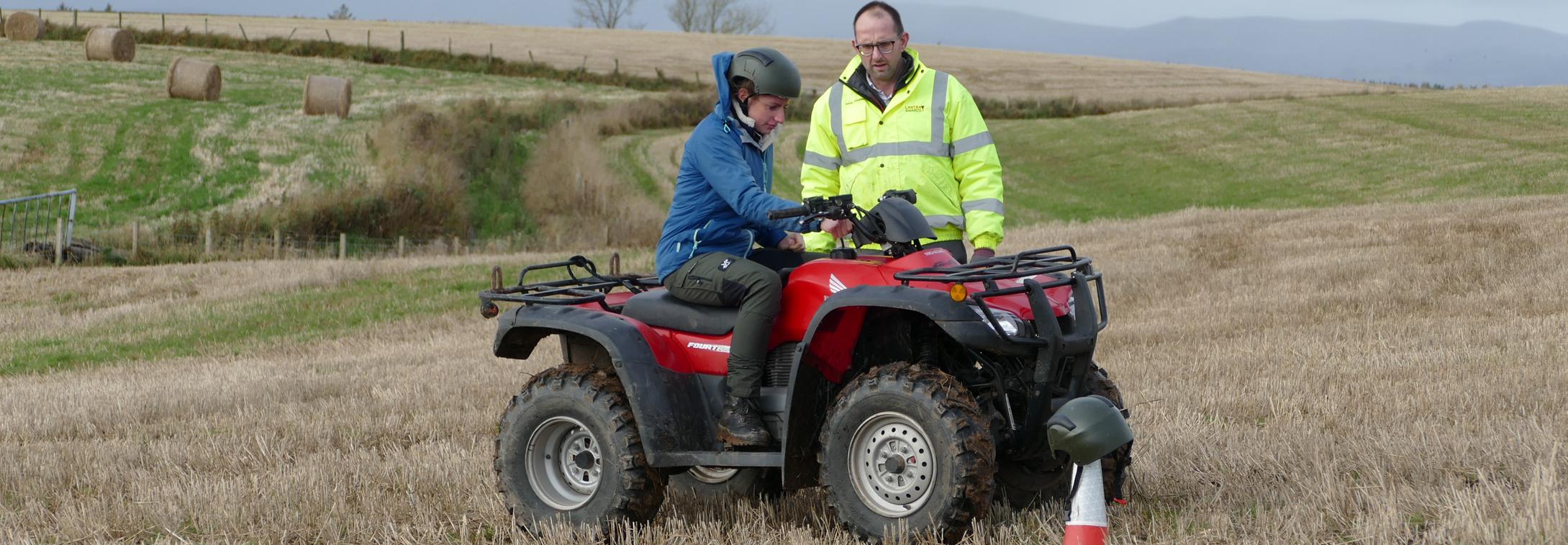
I am sure many of us have been in one of ‘those’ meetings where it was implied that work in the natural environment would be best done by volunteers. I was at one where an employer implied that the (quite extensive) grounds could be looked after by a ‘gardening club’, and another in which a large non-commercial woodland could be managed by trained volunteers. Neither seemed to recognise in their planning process, that horticulture and forestry are professional, skilled trades.
Unfortunately, as we like to think of the joy of experiencing nature as ‘free’ it seems that some then assume that people working in that environment do it for the ‘love’ of being outdoors. That being in nature should somehow be its own reward.
Although there are many volunteer schemes that work well in the short term for specific projects, they cannot be seen as the long-term land management solution or we run the risk of further devaluing the skills we are so desperately lacking. We don’t expect this of our engineers, doctors or solicitors, even though helping people can also be ‘rewarding’*.
Equally, working in the great outdoors can be a bit of a perk**, and for some it may be why they chose that career in the first place, but not to the extent of volunteering their time.
“The best things in life are free...” goes the old refrain, but they really aren’t. The air we breathe is not free. We need to plant, maintain and protect our world’s forests for that air to be produced. Our natural spaces need protected from development, pollution and our signature species from disease and invading species. These roles are conducted by professionals in paid roles and naturally, there is a cost.
Even where land is ‘rewilded’, there is both a cost in clearing and replanting the land as appropriate, and a cost over and above that, in that the resources such as food or timber that could have come from that land now need to be produced and probably shipped from elsewhere. Unfortunately, there seems to be the perception that we just need to plant some seedlings and then ‘they get on with it’.
With the launch of our two new training funds, you might have noticed that we have been very careful throughout to ensure that we do not promote them as ‘free’. All the eligible courses have a cost attached to them, reflective of the time taken by the training providers to both develop the course and their skills. By emphasising the cost of the course, we are deliberately trying to bring the value of the training to the applicant.
We have found that where ‘free courses’ have been offered in the past, uptake is low, as are the completion rates. Instead, we have found with our funds that because the individual gets to choose the course that suits their needs best, and are fully aware of the ‘savings’ they made through the fund, the uptake and feedback has been fantastic. If I had been more aware of the full cost of my own studies, I think I would have worked a lot harder and made more of the opportunities presented.
Equally perhaps, if we more openly acknowledge the costs of maintaining our natural environment, we might better value the benefits of doing so.
*depends on the person…
**depends on the weather…